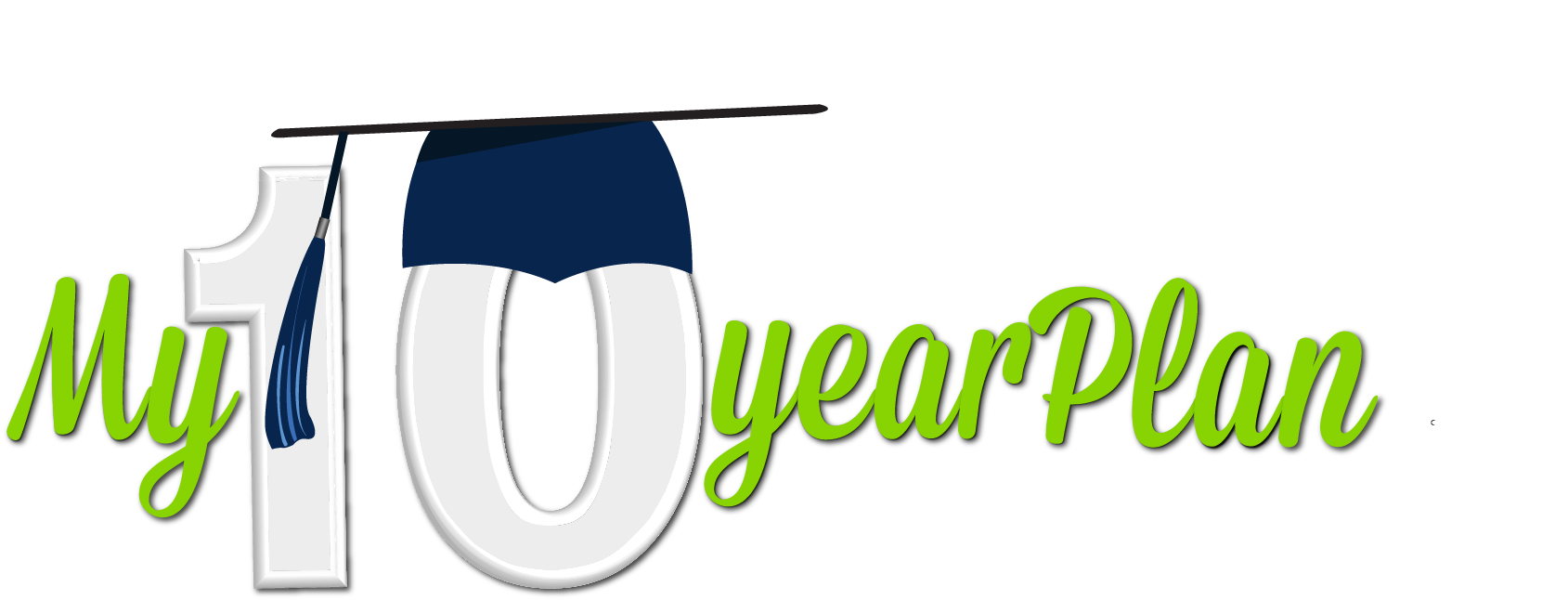Former Director, Office of Career Education, U.S. Department of Education
Past President, National Career Development Association
Past President, American Counseling Association
Students become career-focused and career-committed.
Studies show that students who enter college or post-secondary training with a career focus are twice as likely to graduate and successfully transition to work that matches their education and training. The Career Choices series curriculum helps students become career-focused and career-committed while they learn how to make effective decisions about the future.
Maintain students’ motivation and momentum.
The plans students develop in their Career Choices series course leave them feeling motivated. Revisiting and revising those plans helps to maintain the momentum started by this course. The more opportunities students have to rethink and rework their plans, the more meaningful the plans become and the more comfortable students will be making decisions that involve change—which is a crucial 21st century workforce survival skill.
Quick and easy access for data-driven counseling and academic coaching.
The best guidance is built on relevant information rather than broad generalizations. My10yearPlan.com® allows for on-demand access to quantitative information about each student and their unique education and career goals, giving instructors, counselors, and advisors to formulate advice that addresses students’ identifiable goals.
